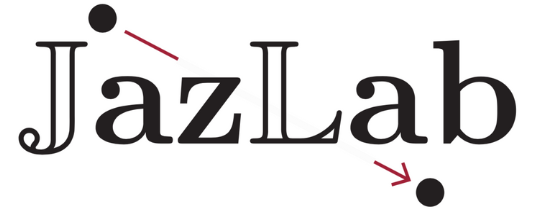Please read the following message sent by Pawan Sinha, Director of MIT-India and Project Prakash
Date: Fri, Apr 30, 2021 at 5:36 PM
Subject: COVID-19 in India: A message from our Faculty Director, Pawan Sinha
Dear friends,
The scale of the disaster unfolding in India defies comprehension. The horror of relentlessly climbing numbers is made painfully real by individual stories. Children who have to bid farewell to their parents in over-crowded cremation grounds, mothers who have had to see their children straining to take their final breaths, and the elderly who have died alone and unattended. A tragedy of this magnitude affects us all. I am writing this note with no purpose other than to seek the solace of shared pain.
I grew up in New Delhi. In news clips, I see places that I am familiar with, now bearing scars of the COVID crisis. Like many of you, I have family and friends in the country. When I talk with them, I sense fear and resignation in their voices. We know, but often leave unsaid, the extreme risk of infection, and the limited options for care should the worst come to pass. My young niece is a doctor, working on the frontlines. She tells me of the stresses she and her colleagues are under; the stream of patients that is growing by the day – a seemingly infinite demand on a system with very finite capabilities.
I have asked my niece, and many of my other acquaintances, how we in the US can help. The answers are not simple. The most critical needs are infrastructural – more hospital beds, more ICU facilities, more ventilators, greater availability of oxygen. It is challenging to make substantial changes on these fronts in the extremely compressed timeline India is having to confront (models of viral transmission predict the peak of infections around the middle of May). But, there are other avenues for help. Many organizations are selflessly serving patient needs, arranging transportation to hospitals, helping patients with oxygen refills, and attending to them in their home. Supporting these organizations may be one concrete thing we can do. We are compiling a list of such organizations to share with you. I also welcome suggestions from you regarding other ways in which the MIT community can help India.
In the midst of a crisis that is nearly certain to worsen in the coming days, it is hard to maintain a hopeful note. But, this is what we have to do. With the conviction that we will get through this tragedy, let us put our hearts and minds together to figure out how we can best move forward.
Best regards,
-Pawan
